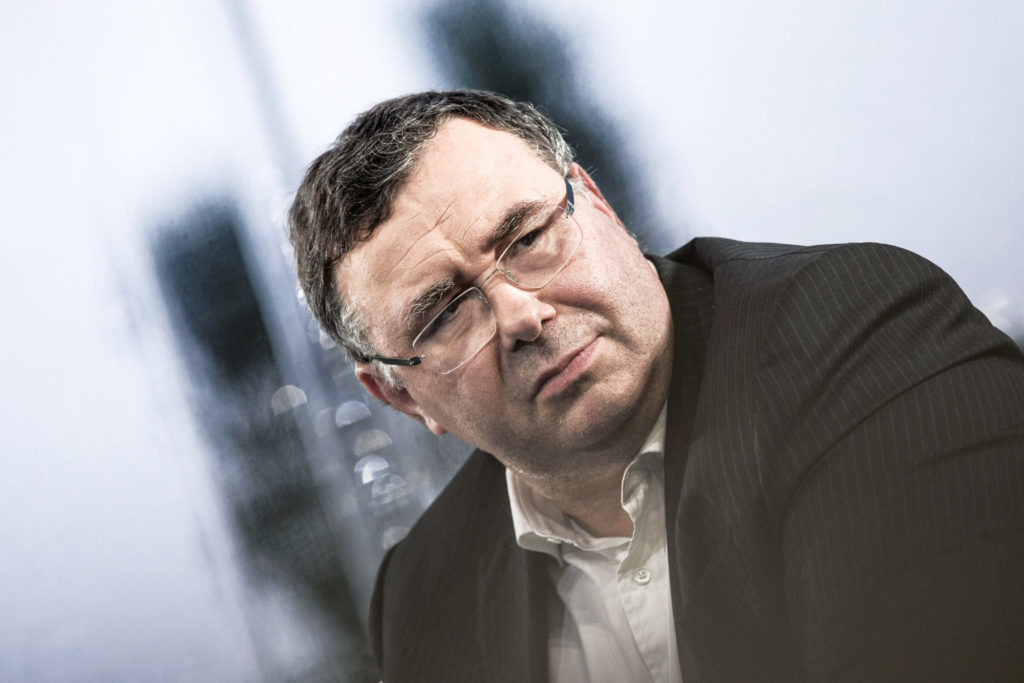
TotalEnergies has said it condemns Russia for its “military aggression against Ukraine” and will not provide capital for new projects in Russia.
However, the oil major has not confirmed whether it will divest its near-20% stake in Novatek, Russia’s second-largest gas producer.
Novatek is a private company, not state-run, reputedly with close ties to the Kremlin via board member and Putin ally Gennady Timchenko.
In a statement, the French firm said: “TotalEnergies condemns Russia’s military aggression against Ukraine, which has tragic consequences for the population and threatens Europe.
“TotalEnergies expresses its solidarity with the Ukrainian people who are suffering the consequences and with the Russian people who will also suffer the consequences.”
It added that the French oil giant is “mobilised to provide fuel to the Ukrainian authorities and aid to Ukrainian refugees in Europe”.
🇺🇦 @TotalEnergies condemns Russia's military aggression against #Ukraine. We support the scope & strength of the #sanctions put in place by Europe and will implement them regardless of the consequences (currently being assessed) on our activities in Russia. https://t.co/y3xN2fMwOs
— Patrick Pouyanné (@PPouyanne) March 1, 2022
“TotalEnergies supports the scope and strength of the sanctions put in place by Europe and will implement them regardless of the consequences (currently being assessed) on its activities in Russia.
“TotalEnergies will no longer provide capital for new projects in Russia.”
The move comes after rivals BP, Shell and Equinor announced plans to pull out of their partnerships in Russia.
Shell announced its move last night, which includes its 27.5% stake in the Sakhalin-II liquefied natural gas facility, its 50% stake in the Salym Petroleum Development and the Gydan energy venture.
Shell also intends to end its involvement in the Nord Stream 2 pipeline project.
Earlier this week, BP said it would exit its near-20% holding in state-run oil firm Rosneft, which was followed by Equinor –which has a more modest Russian investment – which said its position had become “untenable”.
Stuart Lamont, investment manager at wealth manager Brewin Dolphin, said: “The biggest direct impact that could potentially come from this crisis relates to commodities. Russia produces 6.1% of the world’s aluminium and 11% of its wheat – although, it’s Russia’s oil and natural gas exports that are the biggest concern.
“So far, Western governments have not sanctioned these sectors, as it would involve a lot of self-harm. However, the risk that sanctions are applied in the future cannot be entirely discounted.
“It is not obvious that we are heading down this path yet, but if Russian energy and other commodities were to be sanctioned, it would make a bad inflation problem worse, weigh on growth, and could have a negative impact on risk assets.
“As for the oil majors, BP will likely face a significant impact with up to $25 billion written down at the next quarterly results in May. Finding a buyer for its stake in Rosneft will be very tough and there is the further risk of expropriation. The BP share price has fallen more than 10% since the start of the crisis, underperforming peers such as Shell.
“Total has followed suit by saying it will not commit new capital to projects in Russia, while Shell has announced plans to exit joint ventures in the country. It seems likely others will do the same, but – as is reportedly the case with Abrdn’s relatively small holding in Rosneft – they may find it difficult to identify interested parties.”
Recommended for you

